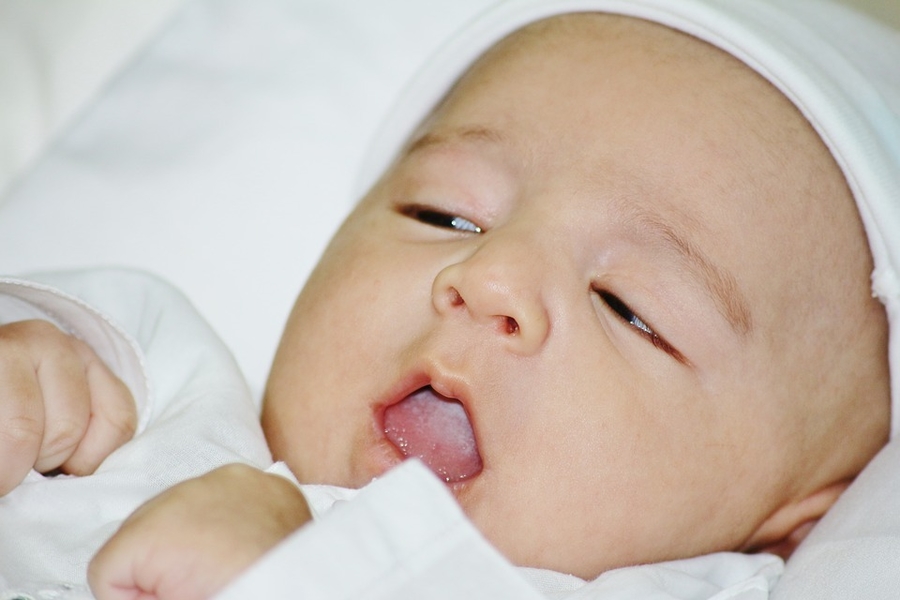
Causes Of Thrush In Babies
20 Aug 2018 | 3 min Read
Babychakra
Author | 1369 Articles
It’s quite likely that you may have never heard about thrush in babies. As the mother of a new-born, you need to be aware of this infection that is common among infants. If you notice that your baby is fussy during feeding sessions, and there are white patches inside the mouth, your baby may be suffering from thrush.
Knowing about the causes of thrush in babies will help you deal with this infection and bring relief to your baby.
What is Thrush?
Thrush is a type of fungal infection that usually impacts babies less than two years of age. The infection leads to the development of white patches inside the baby’s mouth. These patches may occur on the tongue, the roof of the mouth, inside the cheeks, gums, and lips. Sometimes the infection affects the buttocks and the crotch area of the baby as well and can cause nasty diaper rashes. Babies are susceptible to this infection due to their weak immune systems. The infection in itself isn’t dangerous, but it can make swallowing and sucking a painful affair for your baby.
What Causes Thrush in Babies?
Thrush develops as a result of the overgrowth of a yeast named Candida albicans. The common causes that lead to the development of thrush in babies include the following:
Antibiotic medications
When a baby is on antibiotics due to any ailment or medical condition, the medication may alter the equilibrium of good and bad microorganisms inside the body. This can leave the baby with fewer healthy microbes, providing thrush with the perfect conditions to develop.
Lactating mothers on antibiotics
A breastfeeding mother who is on a course of antibiotics can make her baby susceptible to thrush. Also, thrush thrives on the yeast present in mother’s milk. This can lead to infection of the nipples and milk ducts of the mother. As a result, the baby becomes prone to thrush.
Mothers with a vaginal yeast infection
Chances of a mother infecting her baby with thrush also remain if the mother has had a vaginal yeast infection during her pregnancy or at the time of childbirth.
Pacifiers and bottle nipples
Pacifiers and bottle nipples that haven’t been washed and rinsed properly can prove to be the breeding grounds for the candida yeast. When a baby puts such infected items in its mouth, the microbe transfers to the mouth and leads to the development of thrush.
Wet diapers
If a baby has been wearing a soiled diaper for an extended period, it can enhance the chances of the development of thrush in that area.
How to Deal with Thrush in Babies?
If you suspect that your baby has thrush, the best course of action to adopt is to consult your paediatrician who will be able to confirm the presence or the absence of the infection. If your baby has a confirmed case of thrush, the pediatrician will suggest proper medications that can help eliminate the infection. Since thrush in babies is a curable condition, your baby will be free of the discomfort caused by the infection in a few days.
A


Related Topics for you
Suggestions offered by doctors on BabyChakra are of advisory nature i.e., for educational and informational purposes only. Content posted on, created for, or compiled by BabyChakra is not intended or designed to replace your doctor's independent judgment about any symptom, condition, or the appropriateness or risks of a procedure or treatment for a given person.
